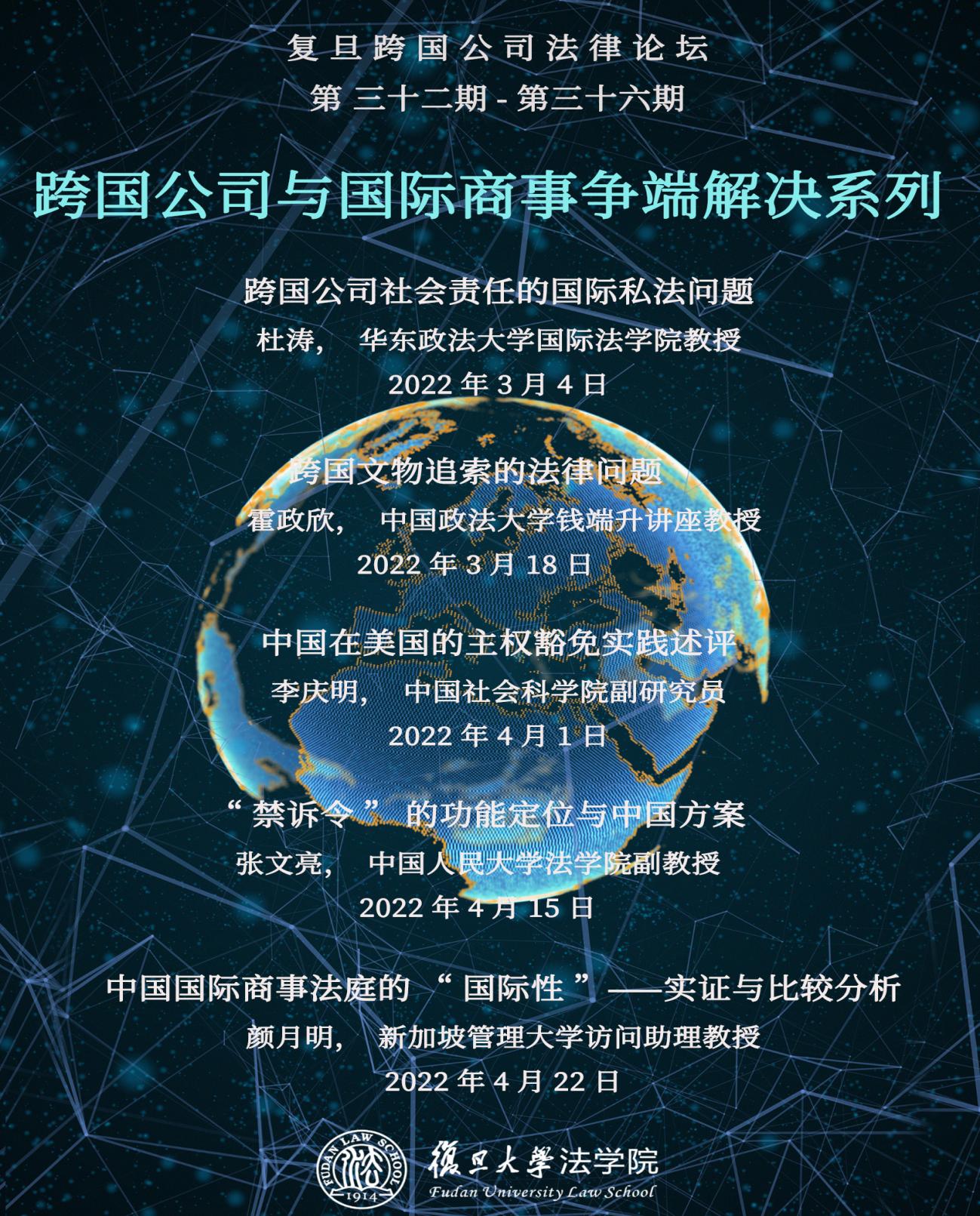
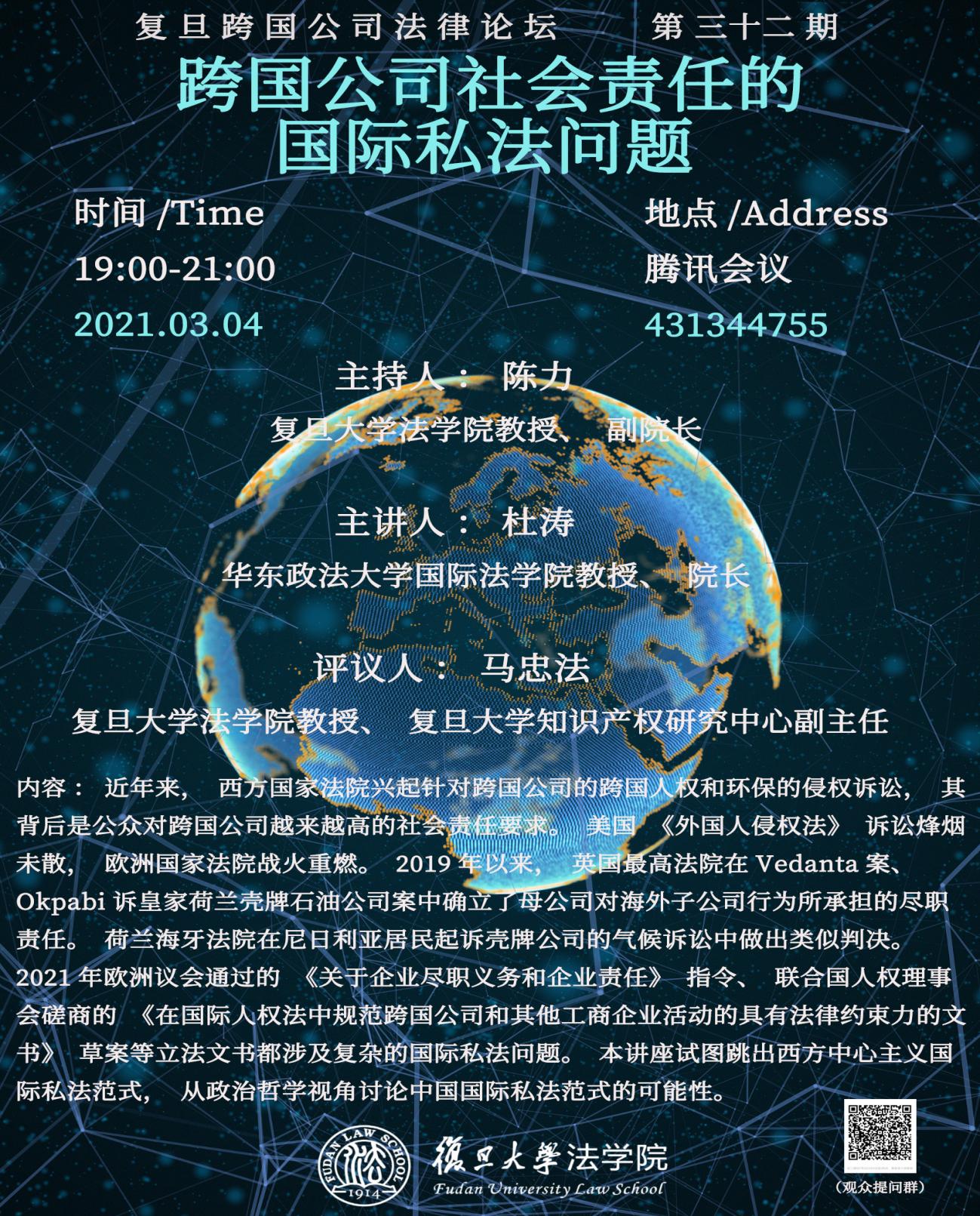
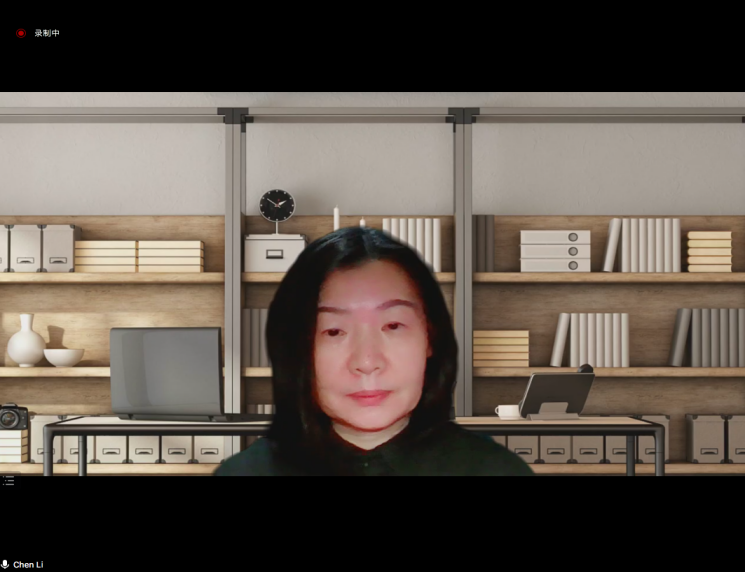
On May 4, 2022, the thirty-second keynote speech of the "Fudan Transnational Corporations and Law Forum" and the first episode of this Forum's special series of "TNCs and International Commercial Dispute Settlement" was held successfully online. The speech entitled "Private International Law Issues of the Social Responsibility of Transnational Corporations" was delivered by Professor DUTao of International Law School, East China University of Political Science and Law, commented by ProfessorMA Zhongfa of Fudan University Law School and hosted by ProfessorCHEN Li of Fudan University Law School.
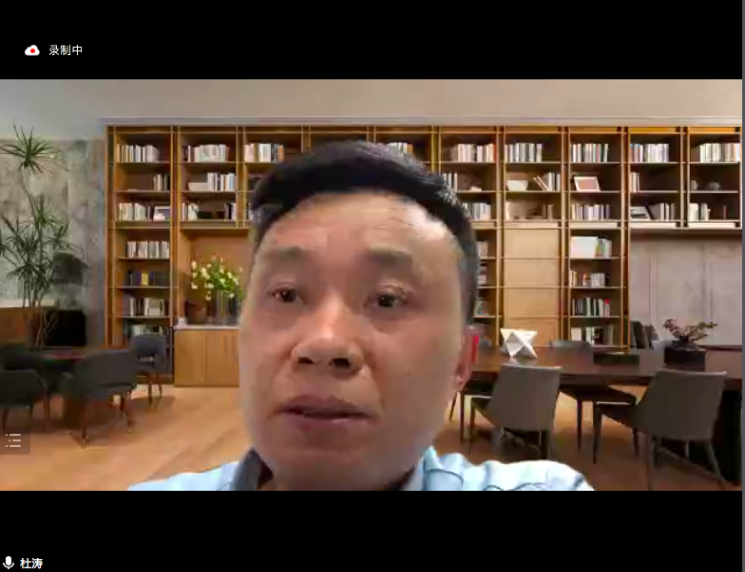
Professor DU kicked off the speech with a background introduction of the United States (US) legislative ban on Xinjiang cotton imports. He underscored the emergence of a trend of holding TNCs accountable for their social responsibilities in the international community of states amid the rise of an anti-globalization wave. For example, Royal Dutch Shell, a transnational company with a major presence in the Netherlands, was sued for violating the provisions of both the Dutch civil code and the European Convention on Human Rights on the right to life and the right to undisturbed family. Similarly, Adidas was sued for violating labor rights. In the litigation against TNCs, the grounds of action under international law are mainly stipulated by traditional international human rights law, regional international human rights conventions, and soft law. In recent years, some rules of international soft law have manifested a tendency of "hardening" into international law. A working group of United Nations Human Rights Council released a draft treaty entitled "Legally Binding Instrument to Regulate in International Human Rights Law, the Activities of Transnational Corporations and Other Business Enterprises." This draft treaty has, to some degree, expanded the scope of market operators responsible for TNCs' social responsibility, the content of such responsibilities of TNCs, and the obligation of a TNC’s home country to exercise its jurisdiction over that TNC’s subsidiaries.
Among the privateinternational law issues relating to TNCs’ social responsibility, jurisdiction is the most controversial one. The US, the United Kingdom, and the European Union (EU) differ on the domestic rules of jurisdiction. Professor DU introduced the EU Brussels Regulation I and the US Alien Tort Claims Act (ATCA) in detail. The US ATCA provides that the district courts shall have original jurisdiction of any civil action filed by an alien for a tort committed only in violation of the law of nations or a treaty that the US has ratified. Given that TNCs, as non-state actors, are not subjects of international law, whether an individual can file a case against a TNC based on the mentioned provision of the ACTA remains controversial in the US judicial practice. Professor DU highlighted that the US judicial system tended to be conservative, gradually narrowing the scope of jurisdiction in such cases. In contrast, the European courts are incrementally widening their scope of jurisdiction, becoming increasingly active and vibrant in international affairs.
Lastly, Professor DU summarized the varying degrees of politicization of private international in the following areas: jurisdiction, choice of law, evidence collecting, the recognition and enforcement of judgments. The proliferation of conservative forces globally that have been advancing politicization has brought huge challenges to the regime of private international law in managing coordination and cooperation among states, especially in light of the newly formed differentiated or even contradictory rules that can hardly be reconciled with each other.
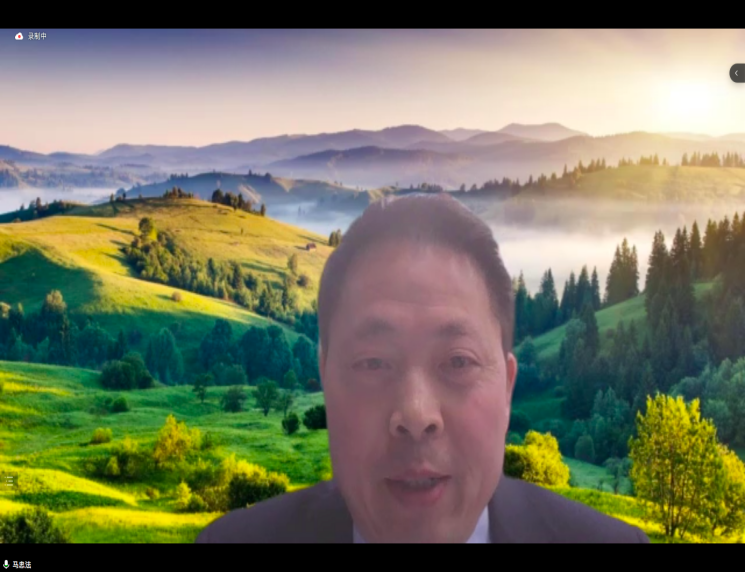
In the comment and Q&A session, Professor CHEN talked about the publicization of private international law from the perspective of the politicization of private international law. Professor MA further pointed out that, at present, developed countries remain dominant in the making of international law. This can be exemplified by the critical role played by specific stakeholders in expanding and narrowing jurisdictions under private international law. Given that different stakeholders have different interests, we should conduct a further inquiry into the significance and roles of different categories of TNCs in the making of private international law.
On May 18, 2022, the Forum will host the thirty-third keynote speech entitled "Legal Issues of Transnational Restitution of Art and Cultural Objects" by Professor HUO Zhengxin of China University of Political Science and Law.






